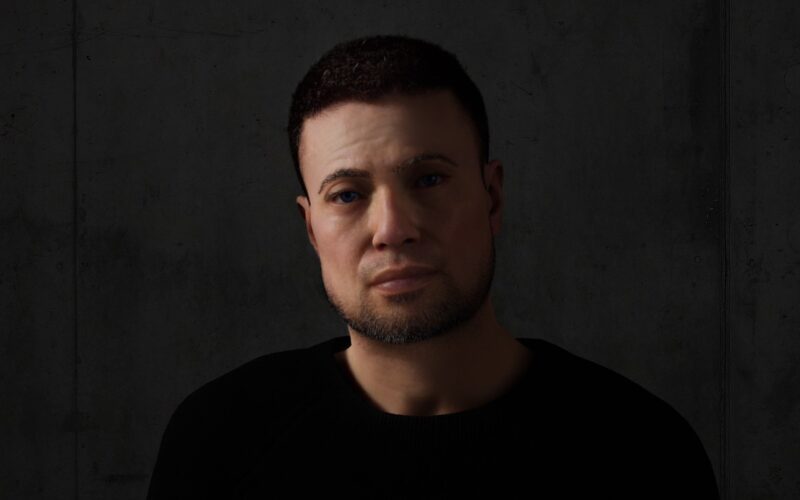Betrayal is one of the most painful experiences one can encounter in a relationship. Unfortunately, it's not always easy to predict when someone might betray you. However, there are some common traits that might indicate that a person is likely to be dishonest. Lying, being two-faced or secretive are often red flags.
Typically, a person who regularly avoids taking responsibility for their actions, blames others frequently, or wears a mask in front of others, may be someone who is more likely to betray you. Of course, not everyone with these traits will betray you - it's important to get to know the person you are with and build a trusting relationship before jumping to conclusions.
Trust and communication are key, and by listening closely to your partner, getting to know them, and looking for clues in their behaviour that may indicate dishonesty, you can better protect yourself from the heartbreak of betrayal.
Betrayers often lack self-awareness
Betrayers often exhibit a notable lack of self-awareness when it comes to their actions.
Rather than acknowledging their harmful behaviours, they may instead shift the blame onto external factors or outright deny any responsibility. This can be a clear red flag when interacting with someone, especially if they consistently fail to take accountability for their actions or fail to see how their choices may be affecting others.
While it can be challenging to confront or call out this kind of behaviour, acknowledging it is an essential step in protecting yourself and those around you.
Beware of inconsistent stories or details that don't add up over time.
Honesty is a highly prized trait in any relationship. It serves as the foundation of trust between two individuals.
However, when inconsistencies start to surface, doubts begin to arise. It's important to pay attention to those who cannot keep their narrative straight or those who change key facts of past events.
These traits are often associated with those who betray others. It's understandable to feel uncertain when these red flags arise, but know that it's better to be cautious than blindsided.
Always keep communication open and ask questions if anything seems off.
Be sensitive to shifts in their treatment of you compared to others
It's important to pay attention to how people treat you in comparison to others.
Do you notice that they tend to isolate you from your friends and family? Or perhaps they share private details about your life with strangers? These are signs of a lack of clear boundaries, which is a warning sign that someone may betray you. Being aware of these traits is crucial in determining who you can trust and ensuring the safety of your personal information.
Don't ignore shifting treatment and always trust your instincts when it comes to potential betrayers.
Pay attention to gaslighting tactics
It's essential to pay attention to gaslighting tactics, as they can significantly impact your perception and self-confidence.
This psychological manipulation technique aims to distort your reality, leading you to question your thoughts, memories, and feelings. This, in turn, can make it easier for someone to conceal their dishonesty and hide their true intentions.
Keep an eye out for individuals who repeatedly challenge your perceptions, as this behaviour may be indicative of manipulative tendencies. Notably, such tactics are commonly employed by betrayers, who tend to display other traits such as secretive behaviour and a lack of empathy.
By recognising gaslighting tactics and other betraying traits, you can protect yourself from toxic relationships and safeguard your mental well-being.
Examine their willingness to compromise
When it comes to examining the willingness to compromise of those around us, it is important to pay attention to how they treat our needs.
Do they dismiss them as unimportant compared to their own desires? This can be a tell-tale sign of selfishness, a trait often found in those who betray the trust of others. Betrayal can take many forms, but at its core is a disregard for the feelings and needs of others.
Therefore, when assessing whether someone is trustworthy and reliable, it is crucial to consider how willing they are to put their own desires aside in order to meet the needs of those around them.
Consider their response to making mistakes
One of the traits of a betrayer is their response to making mistakes. It's important to consider whether they readily own up to errors with empathy for their effects, or if they shift blame, make excuses or snap under confrontation.
Accountability is key in any situation where trust is involved. A betrayer may not be accountable for their actions and may instead choose to deflect responsibility onto others. This can lead to not only a lack of trust but also an erosion of relationships. It's important to keep an eye on how others respond to mistakes and take note of any red flags.
It's better to address any issues as they arise rather than allowing them to fester and potentially cause irreparable damage.
Keep an eye out for deception secrets
Being betrayed is a painful experience that can cause emotional trauma. It's important to be vigilant and aware of the traits of a potential betrayer.
One sign is when information is purposefully withheld, leaving you in the dark. Another is when innocuous discussions trigger defensiveness, indicating that the other person may be hiding something. It's natural to want to trust those close to us, but hidden areas of a person's life deserve exploration.
By keeping an eye out for deception secrets and being aware of the warning signs, you can better protect yourself from the pain of betrayal.
Watch how they treat others in your presence versus when you're apart.
When interacting with someone, it's important to pay attention to how they treat others around you.
Do they act kind and respectful to everyone or do they suddenly change their behaviour depending on who's around? If you notice someone presenting different versions of themselves to different people, it might be a red flag. This behaviour is a common trait of a betrayer. Being able to present a false front to those around them shows that they are not trustworthy or genuine.
So, keep an eye out for those who display two-faced behaviour, as it could be a sign that their intentions are not always honest.














